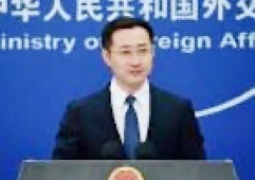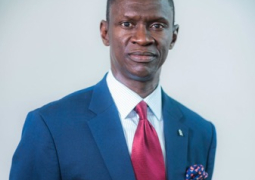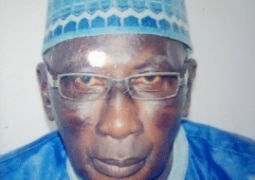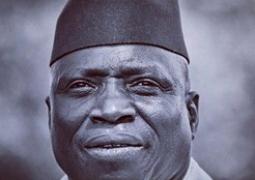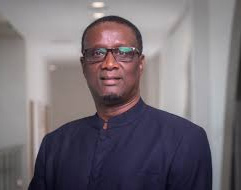
Democracy even if it is not the best method of governance so far it is the only best thing available. Like any other theory (call it a theory if you wish) democracy also should not be an insurance for "anarcho-cracy" (my own new compound word derived from observations made in The Gambia where some people are mixing the meaning of democracy and anarchy!). Being free within the space of democracy calls for delivery before and after duty. The rule of law should always remain the guide against all odds, if not anarchy will be confused for freedom. Responsibility if not understood, any leaking valve could expose the wheels of the vehicle of governance to be deflated while roving along the rocky terrain of constant or existential threats.
It is exactly why analysis must always be pegged on what is impartial. It must also be in a mind that remains between the rational and the emotional.
Where one finds a balancing factor between these two, means an analyst is closer to being impartial than bias. Equally, one must always remain open minded when approaching the complexities embedded in any given situation. Or where it concerns a process, institution or person impartiality must remain the reference guide.
Now coming back to the exercise of hunting for facts during investigations one must pay attention to the following. There is this chart on the horizon of the Sahel region, that keeps provoking intelligence in the 6th sense. It is showing a lot of thought provoking leads, clues, signals and details.
A case in point is a country like Mali, whose border stretches to 4,500 kilometers and touches 7 different countries within West Africa. Isn't that a geographic fact analysts must capture where activities and movements remain the conductors of existential threats?
FACT - Under the G - 5 Sahel mandate there are countries in West Africa where participation is ongoing and indeed not minimal. Although the odds do also remain a mountain of concerns, intelligence should not shun challenges!
Without doubt multi-national border security operations under the G - 5 mandate are expected to scrape odds and or threats.
ECOWAS leaders pledged $1Billion in September 2019 to fight terrorism in the Sahel isn't it?
Paradoxically though, pledges if not "practicalized" would only be mirages not the oasis of assurance and reassurance for stability. Have these pledges been fulfilled? Where the answer is nay then one would wonder how we intend to stop instability, curb the illicit flow of smalls and heavy arms, cross border crime, illicit gain from illegal trade? All the above referenced odds cannot exclude what obtains between the Casamance region and The Gambia.
Why not we look at more of the specifics at this point?
FACT - Interpol notices are without doubt being sent to or shared with our respective ECOWAS member states. However, to the dismay of those sending the notices it has been realized that interpol data base is unavailable at many if not all border entry points in West Africa. Which is a serious cause for concern.
FACT - Stamps used at border entry points do also leave so much to be desired. They have inconsistent sizes and shapes making it harder or almost impossible to validate these travel documents.
Some passports in West Africa including diplomatic and official ones cannot be trusted due to such reasons.
What other challenges are we to overcome?
FACT - Micro - printing, ultra violet features where scrutiny must be guided by artificial intelligence. Indentification of elements of existing syndicates is a key component of human intelligence.
Where the above are not assured or reassured it will be much easier for imposters to obtain fraudulent documents such as birth certificates, marriage certificates, which will indeed be a door of no return for identity theft. Ultimately our porous borders would then remain easy targets or easy access where dangerous elements are lodged in indifference.
No society or nation can contain, curtail or curb illegal activities of syndicates especially within our sub region without putting in place what will earn the trust of parties we have signed treaties or agreements with, within the context of security related functions.


